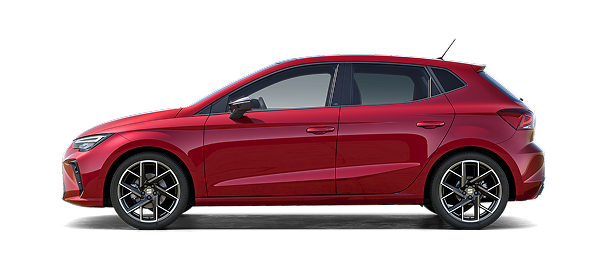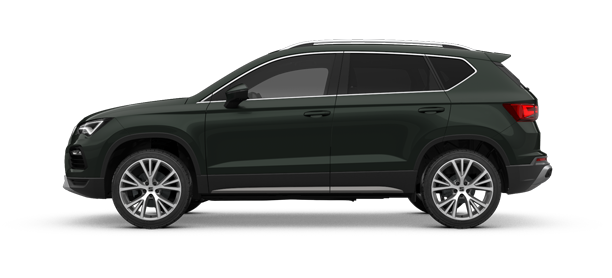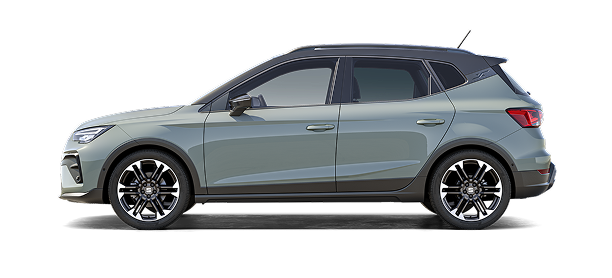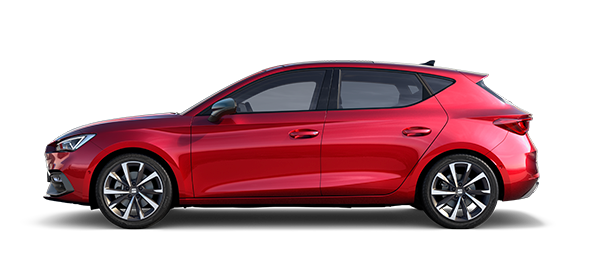SEAT returns once again to Smart City Expo, the annual event for analysing the future and mobility trends in cities, which this year is being held 100% digitally. Lucas Casasnovas, director of SEAT MÓ, dedicated to developing micromobility strategy and urban mobility services, participated in the event.
During his speech, Casasnovas highlighted that “SEAT understands mobility as a fundamental right and SEAT MÓ was born out of this conviction. Analysing and understanding the behaviour and habits of citizens is basic to offering solutions that adapt to their needs.”
One of the latest solutions launched by SEAT MÓ has been its motosharing service in Barcelona, whose app currently has more than 30,000 downloads. “A citizen spends an average of five days a year in traffic jams and searching for parking. Barcelona is one of the cities with the most motorbikes in Europe and there is where we saw the window of opportunity to develop our motosharing project, to allow people to travel faster, with no noise and no emissions” said the director of SEAT MÓ.
Sustainable mobility on demand
During his speech, Casasnovas also stressed that we should not only talk about vehicles, but also about platforms and consumer habits. In this way, he underlined that “we are moving towards a more flexible model such as pay-per-use. This is why we are offering a model in the form of on-demand mobility so that users can choose the option that best suits their needs: purchase, subscription by the week or month, or even by the minute.”
SEAT participates in Smart City Live 2020, an annual event recognising future mobility.
Large urban centres are adapting to achieve mobility which is more efficient and sustainable. Traffic jams, a lack of parking spaces or the increase in low-emission zones in many European cities are just some of the major challenges faced by administrations, public authorities, citizens and car manufacturers alike; a number of challenges that require a major transformation in the field of mobility, especially accelerated by COVID-19.
A smart, sustainable island
In order to be an active part of this transformation, SEAT will participate in a project led by the Greek government and the Volkswagen Group to transform the Greek island of Astypalea into sustainable, electric mobility. SEAT will be part of this project by offering its 100% electric eScooters in order to promote all-electric micromobility on the island.
Lucas Casasnovas emphasised that, in the future, he imagines cities that are “more sustainable, more efficient, quieter and with multimodal mobility in which different solutions and products, both private and public, coexist. We hope that this project in Greece will serve to launch similar ones in other cities. That is our dream: to contribute actively to designing zero-emission, decarbonised cities and islands.”
To be rolled out in 2021, the project consists in a plan to replace current public and private transport with electric vehicles, as well as to build the necessary infrastructure to make electric mobility a reality on the island, with renewable energy.
Smart City Expo: SEAT’s annual urban mobility event
At the 2018 Smart City Expo, SEAT presented the first vehicle in its history that was not a car but a 100% electric kickscooter. Since then, the company has not missed the annual meeting on urban mobility trends. At last year’s edition, the company presented its first electric motorbike concept and announced the creation of a business unit specifically dedicated to developing its micromobility strategy at the product and service level, including the technological platform developed together with SEAT:CODE.
SEAT MÓ features two electric kickscooters, the SEAT MÓ eKickscooter 25 and 65, as well as the SEAT MÓ eScooter 125 and a motosharing service in Barcelona.











